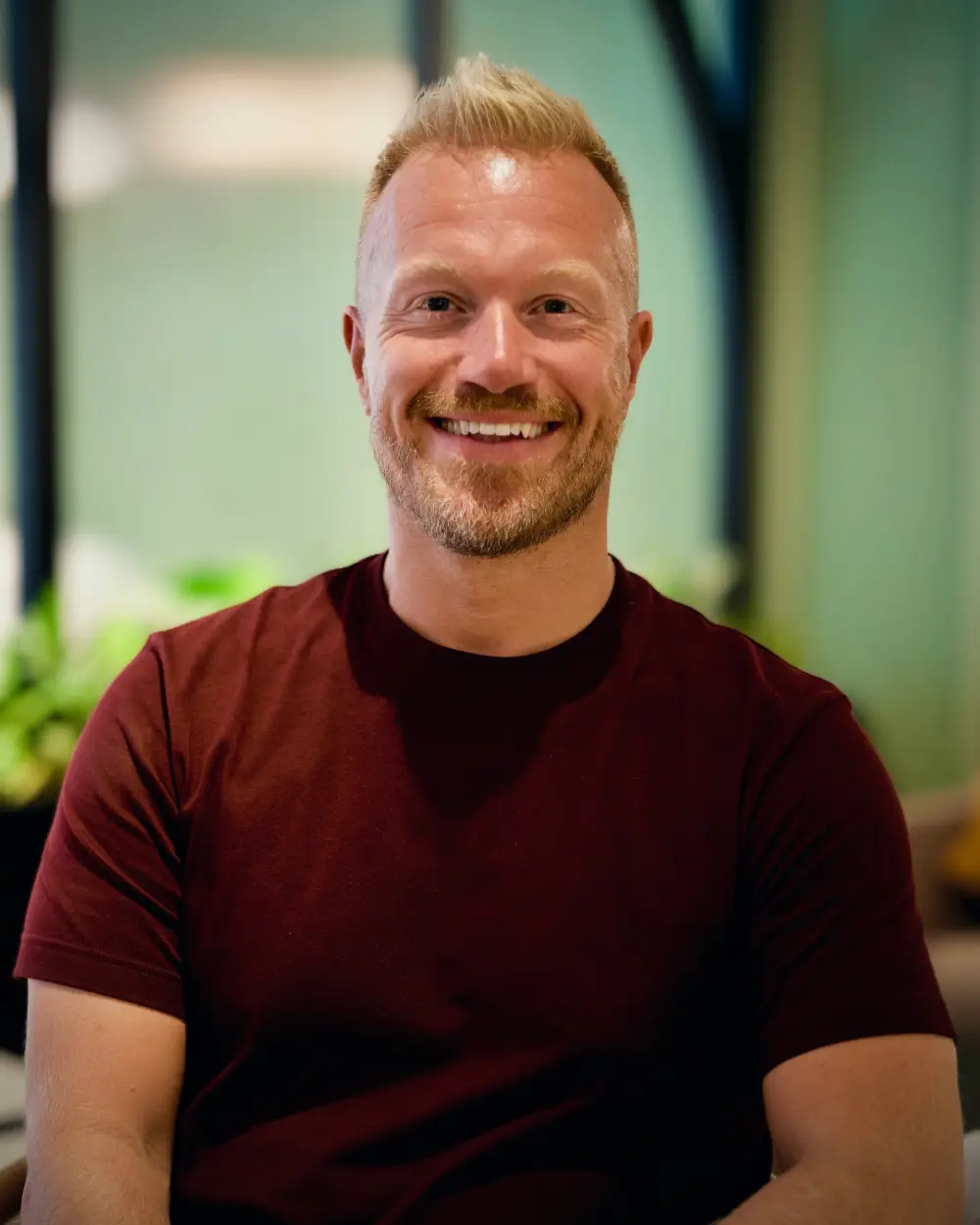The property and real estate industry is facing a critical shortage of qualified chartered surveyors. The Royal Institution of Chartered Surveyors (RICS) has reported that while it counts over 100,000 members in the UK, there is demand for at least 20,000 more. This isn’t just a statistic – it represents the real strain organisations face in delivering the projects that underpin growth, sustainability, and regeneration.
As The Times recently reported, RICS is now lobbying for a new GCSE in the built environment. The goal is to raise awareness of surveying as a career from an earlier stage. In the words of Martin Samworth, RICS Chairman: “Demand is growing as the built environment is growing. We need more homes and offices; and shopping centres and industrial estates need to be improved to meet new sustainability standards.”
I see this as a positive and necessary step. Too often, young people leave school without a clear picture of the career paths available in property and real estate. Surveying is rarely discussed in classrooms, yet it offers diverse, rewarding opportunities – from working on heritage sites like St Paul’s Cathedral, to managing billion-pound developments such as Battersea Power Station. A dedicated GCSE could be the gateway to making surveying visible and attractive to the next generation.
The impact of the skills shortage today
At W Talent, we partner with clients across property consultancies, in-house estates teams, and developers. Across the board, employers are struggling to secure surveyors with the right mix of technical expertise and commercial awareness. The shortage doesn’t just slow hiring; it impacts growth plans, delays projects, and in some cases forces organisations to compromise on long-term strategies.
In my 20 years recruiting into this sector, I’ve rarely seen the imbalance between supply and demand as pronounced as it is today. Projects requiring retrofitting to meet sustainability targets, or the sensitive management of historic buildings, highlight how specialist knowledge is not just desirable – it’s essential. And with talent in short supply, competition is fierce.
Why education reform matters
Introducing a built environment GCSE could spark interest earlier, and crucially, diversify the profession. Surveying requires both technical and people skills. As Stephen Radford, a specialist pub surveyor, noted in the Times feature: “Sometimes it’s 60 per cent psychology and 40 per cent academic.” That mix appeals to many young people – but they need exposure to it in the first place.
A clearer educational pathway, coupled with apprenticeships and degree routes, will help build a pipeline of skilled surveyors. This in turn supports businesses, accelerates projects, and strengthens the UK’s capacity to deliver sustainable, future-proofed real estate.
Looking ahead
The property sector represents the world’s largest asset class, valued at £280 trillion. For it to thrive, we must address the talent bottleneck now. As recruiters, we’re committed to helping organisations secure the surveyors they need today – but it’s equally important to invest in how we attract the surveyors of tomorrow.
The introduction of a GCSE in the built environment won’t solve the skills shortage overnight, but it could be the catalyst the industry needs. By raising awareness, inspiring students, and opening accessible routes into the profession, it’s an initiative that deserves support from across the sector.
A dedicated GCSE won’t fix the problem overnight, but it will:
✅ Put surveying on the radar of more young people
✅ Broaden access to the profession through clearer routes in
✅ Help secure the future talent pipeline the industry so urgently needs
At W Talent, we’ll continue to partner with clients to bridge today’s gaps while also championing long-term solutions that build a stronger, more sustainable property workforce for the future.


